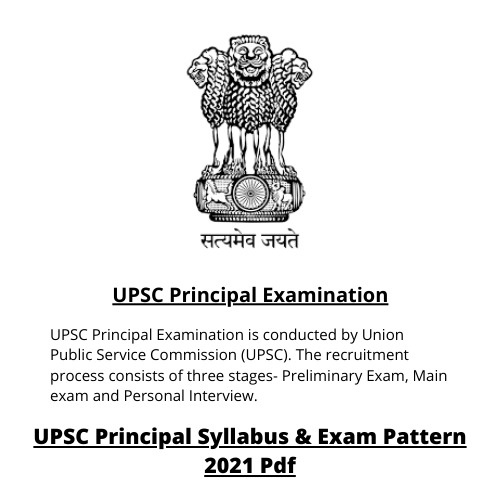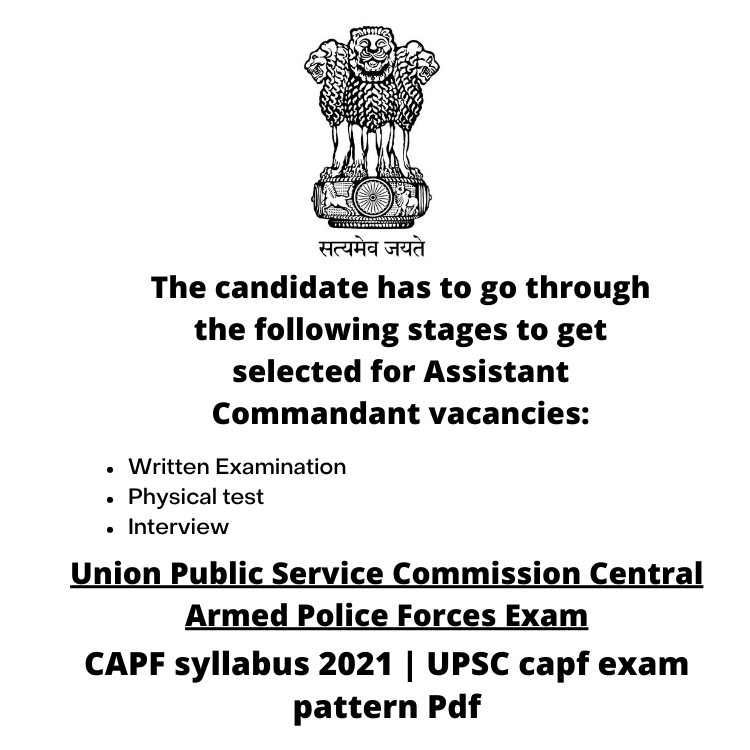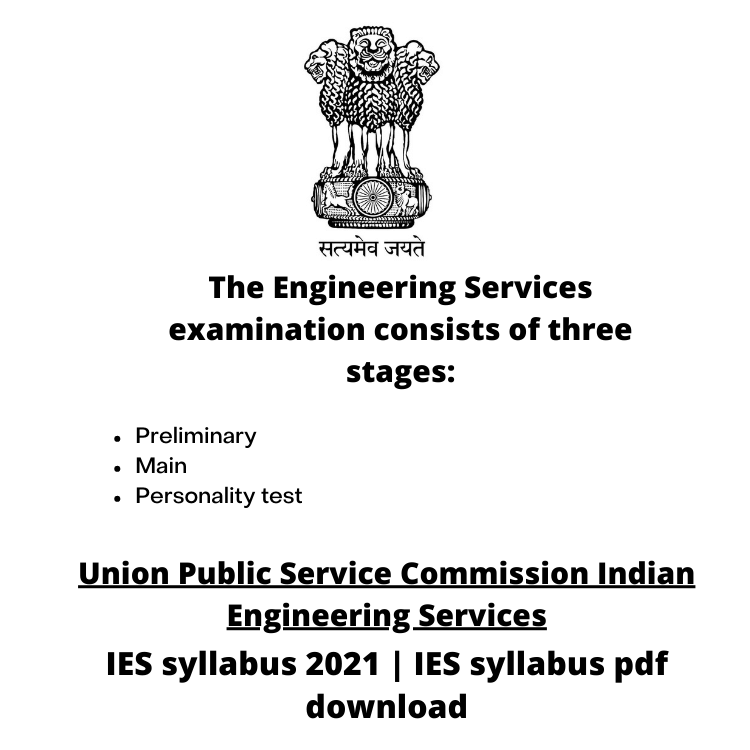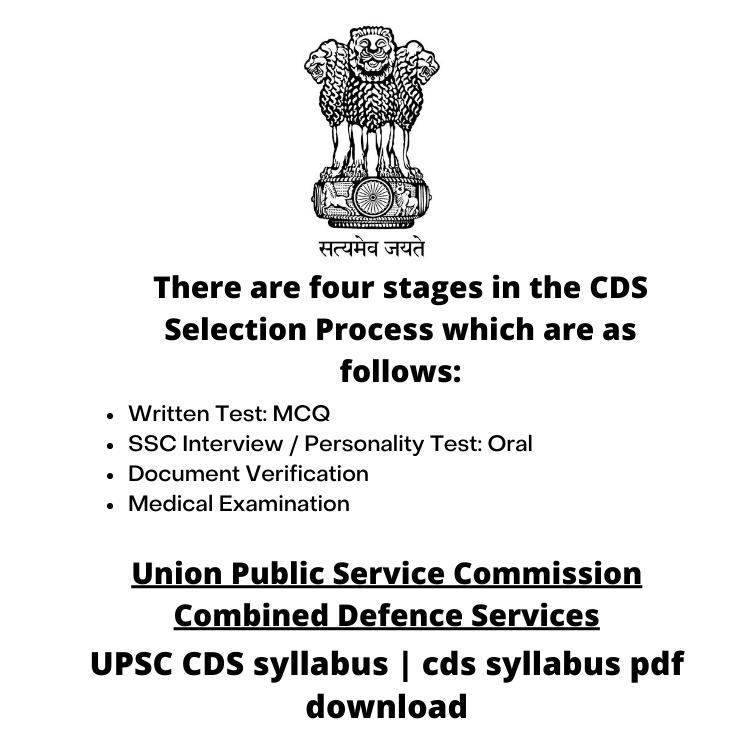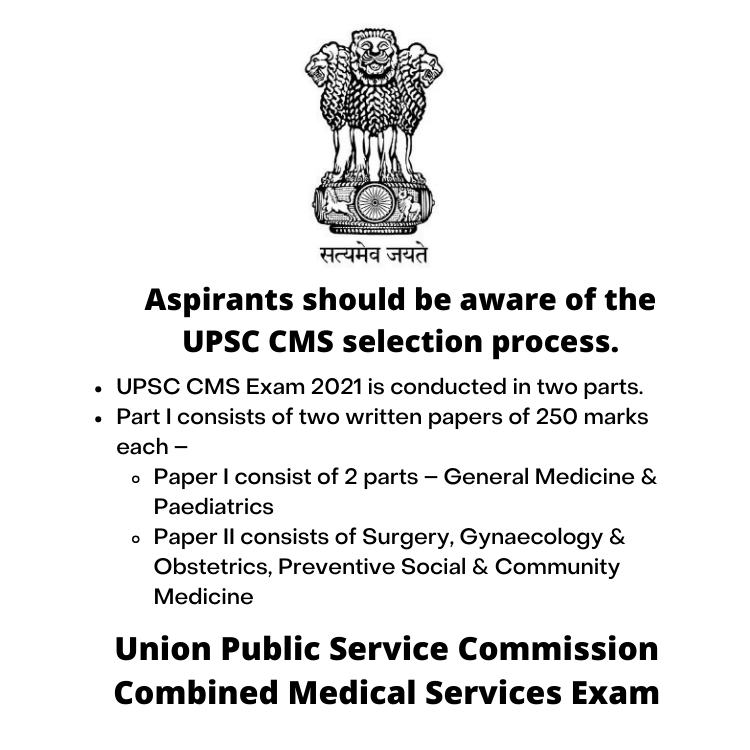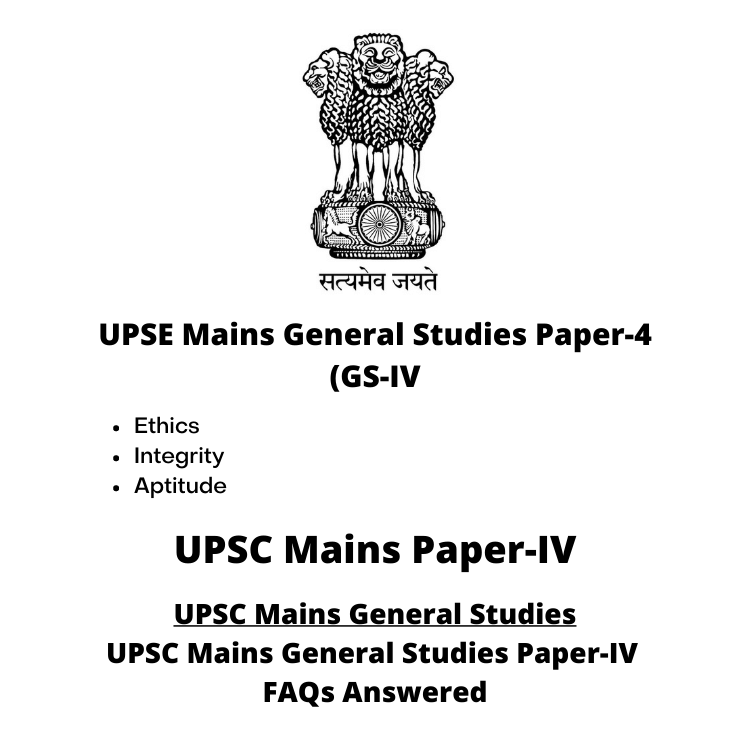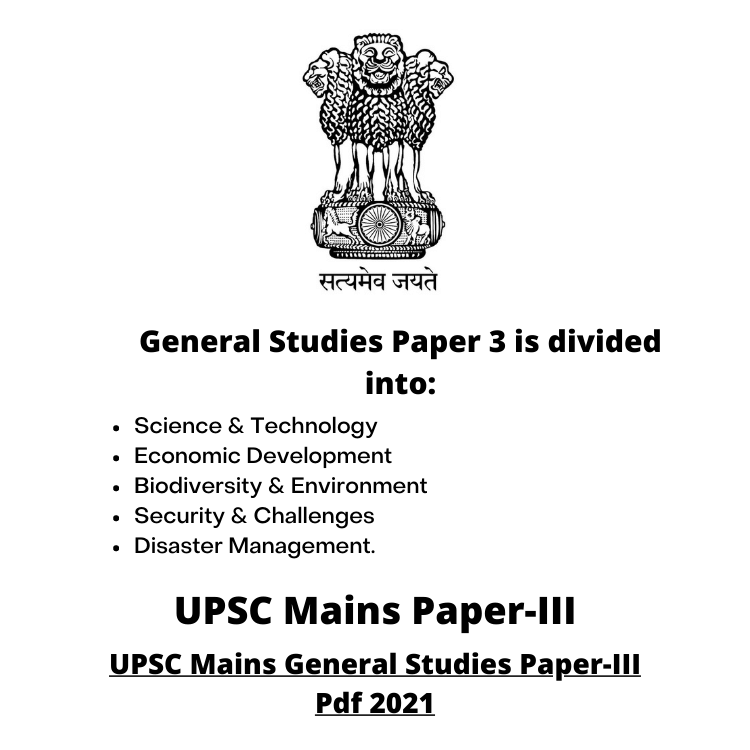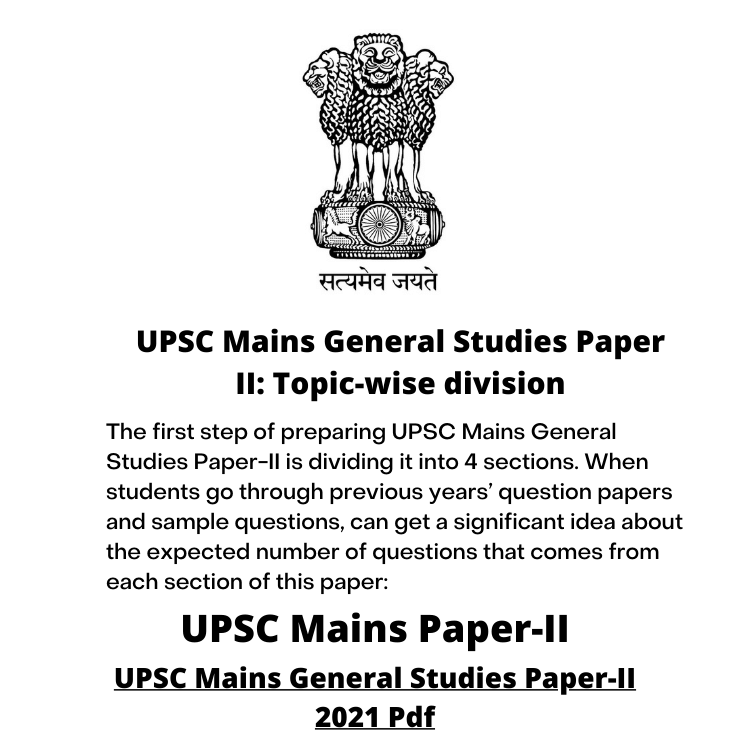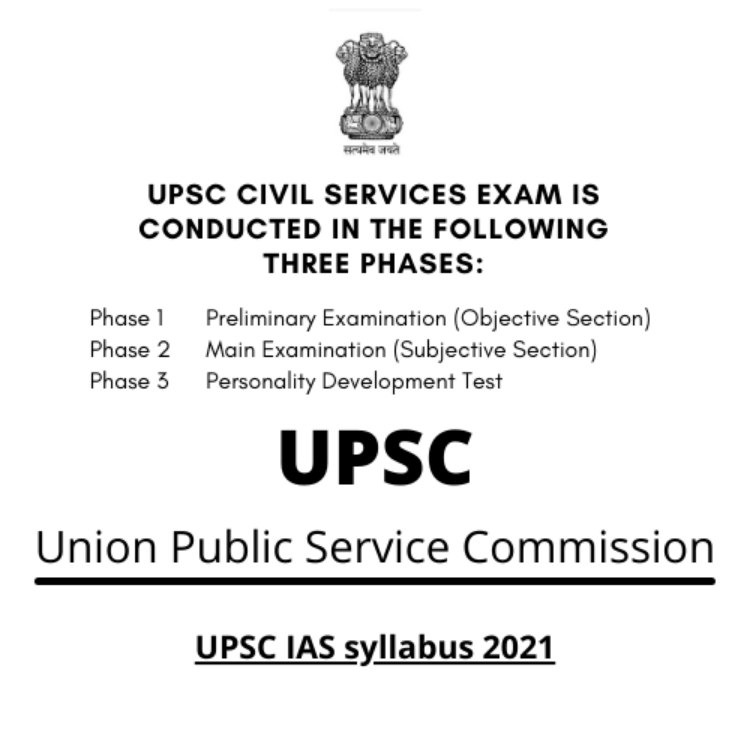Union Public Service Commission (UPSC) will conduct the UPSC CAPF (AC) 2021 exam on 8th August 2021 to fill vacancies in Central Armed Police Force (CAPF).
The UPSC CAPF exam is conducted to recruit candidates for 159 post of Assistant Commandant (AC) in the armed forces such as Border Security Force (BSF), Central Reserve Police Force (CRPF), Central Industrial Security Force (CISF), Indo-Tibetan Border Police (ITBP), and Sash Astra Seema Bal (SSB).
Candidates can download the UPSC CAPF Syllabus PDF from the governments’ official website.
UPSC CAPF (AC) 2021: Selection Process
The candidate has to go through the following stages to get selected for Assistant Commandant vacancies:
- Written Examination
- Physical test
- Interview
The CAPF AC written test comprises 2 papers.
1. Paper-I consists of 125 objective type questions. The duration of is 2 hours
2. Paper-II is descriptive in nature and it must be completed within 3 hours.
Paper 1 will consist of multiple-choice questions on general ability and intelligence having four alternatives.
Paper 2 is of descriptive type and questions are on General Studies, Essay and Comprehension.
Check out>> NWDA Syllabus 2021 – NWDA Syllabus PDF
All candidates who clear both the papers of UPSC CAPF 2021 will be eligible for the second round which will be a Physical Ability Test and Medical Test.
- For each incorrect answer, 1/3rd of a mark will be deducted, i.e. (0.33).
- If a candidate marks more than one answer for a question, it will be considered a wrong answer, and 1/3 of the marks will be deducted, regardless of whether one of the marked answers is correct.
- There will be no deductions for a question that is left blank, i.e., the applicant does not mark an answer for that question.
CAPF AC 2021 Exam Pattern Highlights
Here are the key points of the UPSC CAPF AC exam pattern:
| Particulars | Details |
| Name of the exam | Central Armed Police Forces (CAPF) |
| Conducting Body | Union Public Service Commission |
| Selection | Three Rounds |
| 1st Round | Written Test |
| 2nd Round | Physical ability test |
| 3rd Round | Interview/ Personality Test |
| Starting of CAPF AC 2021 Application form | April 15, 2021 |
| Last date to fill application form | May 05, 2021 |
| CAPF AC 2021 Written | August 08, 2021 |
| CAPF AC 2021 Written Test Result | October-November 2021 |
UPSC CAPF AC Syllabus 2021 of Paper-I
The objective type questions with multiple choices in CAPF Paper-I cover the following topics:
| Subjects | Topics |
| English Language and Comprehension and Essay | Essay Writing, Comprehension, Precis Writing, Counter Argument, Communications, Report Writing, Language Skills, Grammar, Vocabulary, etc. |
| General Studies | History India, Current Events – National and International, Indian National Movement, Geography – India, About India, Eminent Personalities, Cultural Heritage, Environment, Economy, General Polity, General Science, Indian Constitution, Science and Technology etc. |
UPSC CAPF AC Syllabus 2021 of Paper-II
Paper-II will only be checked of those candidates who clear the Paper I. Here is the detailed syllabus of CAPF AC 2021 Paper-II:
| Subjects | Topics |
| General Ability | Analogies, Arrangements, Problem Solving, Syllogisms, Spatial Orientation, Space Visualization, Analysis, Ranking, Arithmetical Reasoning, Decision Making, Visual Memory, Arithmetic Number Series, Figural Classification, Coding and Decoding, Relationship Concepts, Statement Conclusion, etc. |
| Intelligence | General Mental Ability, General Science, Current Events of National and International Importance, Indian Polity and Economy, History of India, Indian and World Geography |
Candidates are advised to enter the examination hall 20 minutes before the scheduled time. No candidates will be permitted to enter the examination hall if they report 10 minutes after the scheduled time of the examination.`
UPSC CAPF AC 2021: PET & Medical Standards Tests
Candidates who clear the first round will be eligible for Stage 2 of the CAPF AC exam which will be a Physical Endurance and Medical Test.
This will be followed by the third round, which will be an interview and personality test. The final selection of candidates will be made on the basis of the overall performance in all three rounds
| Particulars | Male | Female |
| 100 Meters Race | In 16 seconds | In 18 seconds |
| 800 Meters Race | In 3 minutes, 45 seconds | In 4 minutes, 45 seconds |
| Long Jump | 3.5 Meters (3 Chances) | 3.0 meters (3 chances) |
| Shot Put (7.26 Kgs.) | 4.5 Meters | – |
Check Out>> SSC JE Syllabus 2021 | SSC JE Syllabus Pdf
